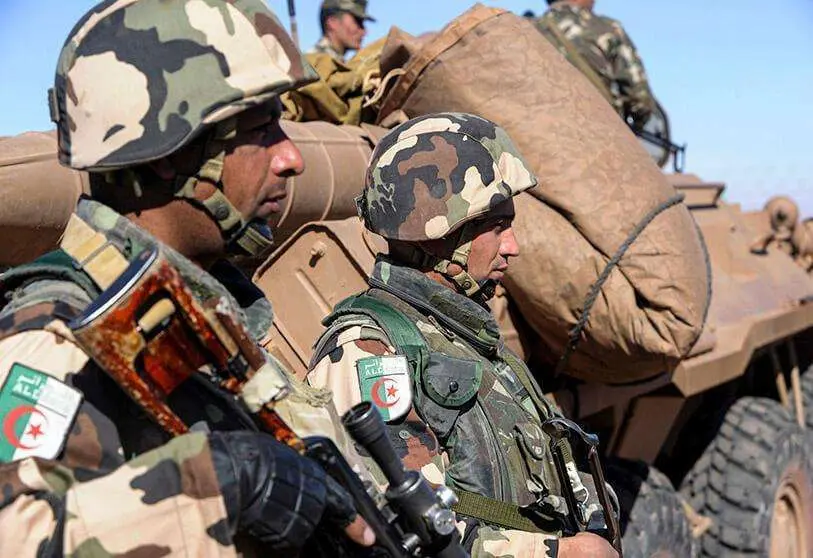
Algeria is set to record its highest-ever military expenditure in 2026, with defense allocations approaching $25 billion, reflecting a steady increase from $18 billion in 2023 and $21.8 billion in 2024.
Analysts say the surge underscores Algiers’ determination to bolster its security apparatus amid an increasingly unstable regional environment.
Of the country’s projected $135 billion total budget, nearly a fifth will be devoted to defense, highlighting the centrality of military preparedness in Algeria’s national strategy.
The government points to long, porous Saharan borders as a persistent security challenge, with smuggling routes, arms trafficking, and illegal migration networks complicating law enforcement efforts.
“These illegal routes, which are difficult to control, have been undermining the country’s stability for over a decade,” a defense analyst said.
Regional developments have further intensified Algeria’s vigilance.
The shooting down of a Malian drone six months ago reignited tensions with Bamako, supported by Niger and Burkina Faso.
Algiers views the emerging Sahelian alignment as a potential threat to regional stability, prompting increased military presence in the south and the expansion of aerial and ground surveillance capabilities.
Western rivalries also shape Algeria’s defense spending. Since the 2021 diplomatic break with Morocco, both countries have embarked on parallel modernization of their armed forces, with Rabat planning a defense budget of approximately 133 billion dirhams.
“This dynamic of mutual deterrence maintains a lasting strategic tension between the two capitals,” said a regional security expert.
To the east, instability in Libya—driven by fragmented authority, arms proliferation, and non-state armed groups—remains a significant concern. Algeria is deploying technological investments and border surveillance operations to contain potential spillover effects.
Funding this historic rearmament has been made possible by elevated energy revenues, particularly from lucrative gas exports since the Ukrainian crisis. Yet the decision to allocate such a large share of national resources to defense raises questions about the trade-off with social spending priorities.
“Should national security be prioritized at the expense of social programs?” observers ask, as Algeria balances its strategic ambitions with domestic needs.
The 2026 defense budget represents a clear signal: Algeria is prioritizing military readiness, driven by regional rivalries, border insecurity, and a volatile Sahel, while carefully leveraging its energy wealth to support the nation’s strategic posture.



